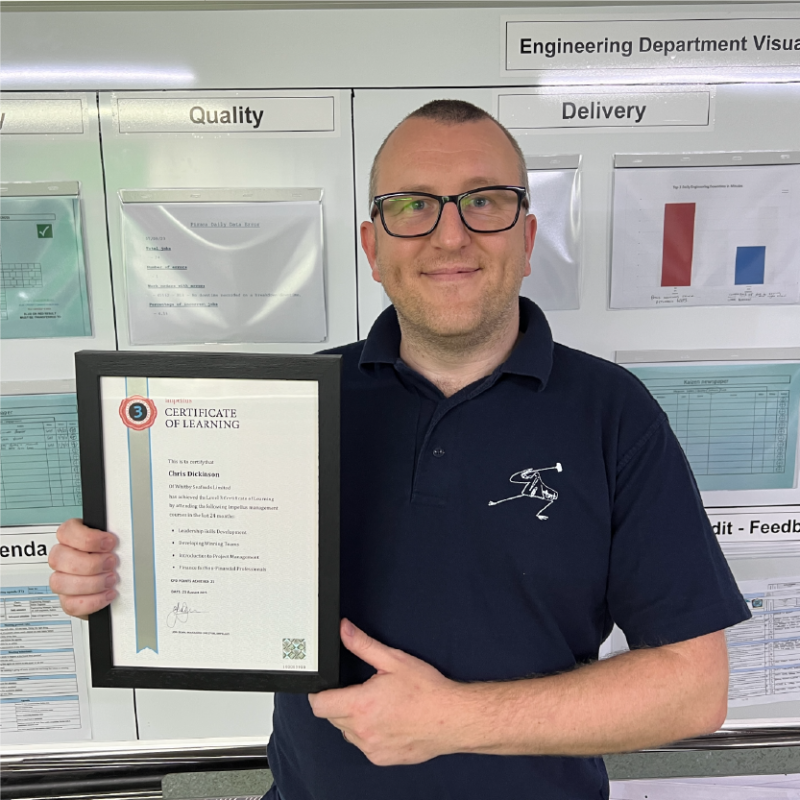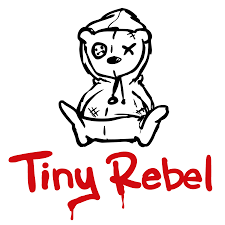Are you taking the Impellus Developing Winning Teams course as part of your Level 3 ILM studies? If so, you’ll need a thorough understanding of how to build and manage high-performing and cohesive teams.
We can all recognise a great team when we see one: team members collaborate, share ideas, explore new ways of doing things, make continual improvements and recognise and celebrate success along the way.
“Sometimes luck is involved,” says Impellus Training Manager David James. “A group of talented individuals can hit it off from the get-go, enabling complementary skills and personality traits to create something that’s more than the sum of its parts.
“However, much more frequently, it requires time and effort to develop a winning team, especially when people don’t naturally gel or staff turnover is causing disruption.”
The five dysfunctions
In 2002, Patrick Lencioni published his now highly influential and bestselling book, The Five Dysfunctions of a Team. In it, he explores the five key issues that prevent a team from working together successfully:
1. Absence of trust: Trust between team members is the most critical building block for success. When people don’t trust their colleagues or their team leader, they are unwilling to admit mistakes, ask for help or volunteer new ideas. Team members fear ridicule or blame and remain guarded. Cliques can form.
“Without trust we cannot build a team.” ~ Patrick Lencioni
2. Fear of conflict: This leads to a passive ‘nodding and smiling’ culture that prevents valuable discussion and debate. Challenging the status quo or questioning the way things are done rarely occurs. Innovation is stifled and poor decisions are made.
“Conflict is necessary and required.” ~ Patrick Lencioni
3. Lack of commitment: Ambiguity arises when team members are unsure or unconcerned about their roles and the collective goals of the team. Discussions lack focus and decisions and actions are unclear making people unwilling or unable to commit.
“Commitment is when everybody truly buys in.” ~ Patrick Lencioni
4. Avoidance of accountability: Team members develop a ‘that’s not my problem’ attitude and others may be unwilling to hold them to account. Letting colleagues and the team down is not a concern.
“When people are committed they will have more courage to confront one another about shortcomings in their behaviour and performance.” ~ Patrick Lencioni
5. Inattention to results: The greater good of the team and the organisation are not a priority. Team members focus on their own needs and look to enhance their own reputations, taking the credit for ideas and avoiding responsibility for mistakes.
“We have to trust one another, we have to engage in healthy conflict, we have to commit to decisions, hold one another accountable for those decisions and achieve true collective results.” ~ Patrick Lencioni
You may find useful:
Developing Winning Teams: Discover how to build cohesive, motivated and productive teams, whether you’re starting from scratch, making some personnel changes or need fresh inspiration for an existing team.






















